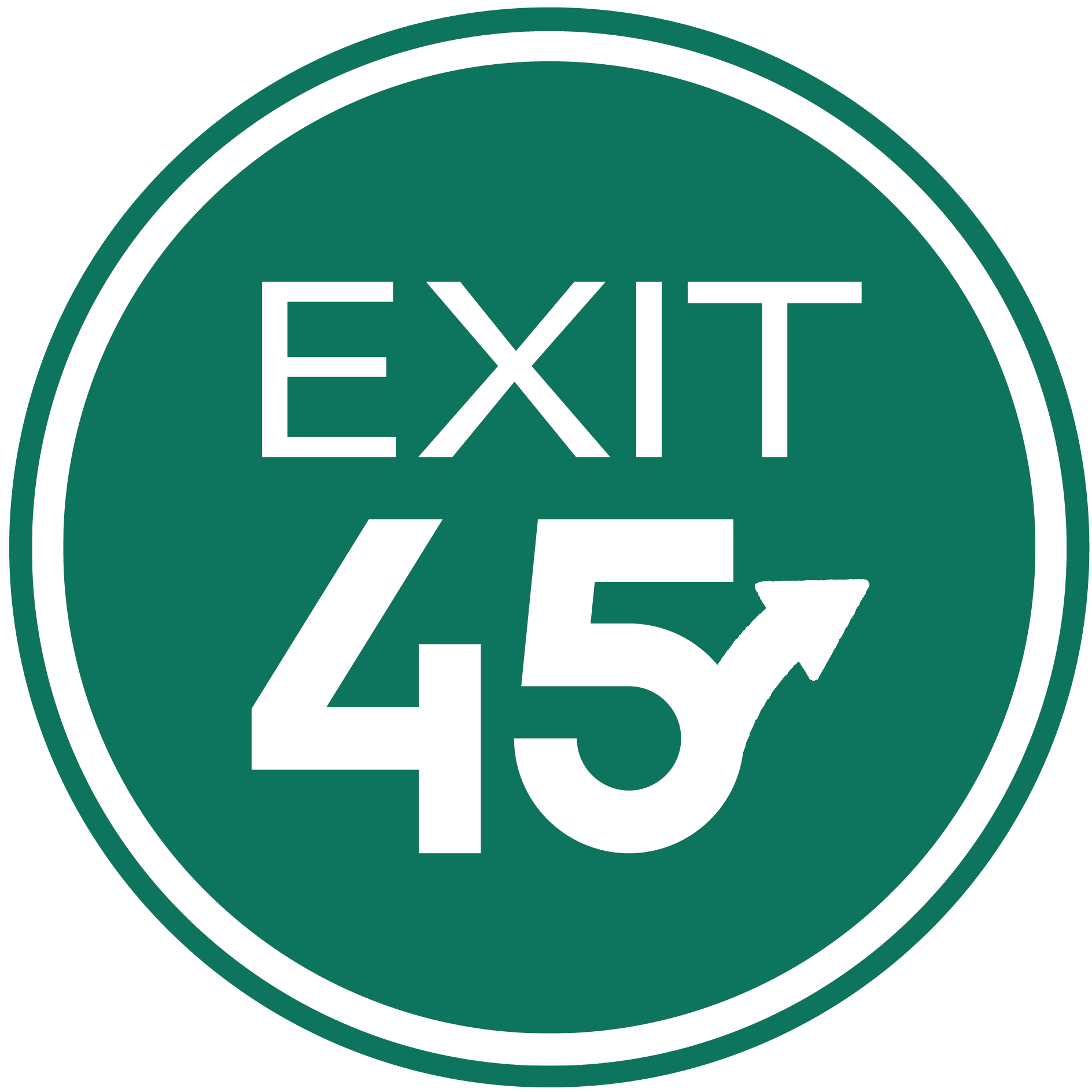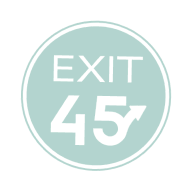Owners Who Cannot Afford to Sell a Business
In the last issue (#62) we discussed the obstacle of Owners Unwilling to Provide Partial Financing. This issue will discuss an easily avoidable obstacle that occurs much too frequently – Owners Who Cannot Afford To Sell.
"You can be young without money but you can't be old without it." Tennessee Williams
Owners Who Cannot Afford to Sell a Business
It happens. Owners step into the process of selling their business without sufficient consideration of their personal situation, their finances, or the tax implications of a sale.
Such an owner may receive a fair offer from a qualified buyer and then come to the realization that he cannot afford to sell the business. Lack of planning an exit strategy kills another deal! It occurs way too often.
Estimate your future income and expenses
Selling your business requires some foresight. Owners who intend to retire need to determine if they can afford to sell the business. One of the first steps in making that determination is to estimate your living expenses in retirement. Depending on individual circumstances, lifestyle and expectations, some may need $3,000/month to feel comfortable in retirement, others may need $15,000/month. In most instances, the business sale is not the only amount contributing to retirement. There may be spousal income, Social Security, other retirement income and plans, Individual Retirement Accounts, annuities, other types of investment securities and savings, real estate holdings, life insurance cash value, etc. The time to get a handle on your personal financial situation is long before you decide to sell the business, not after you receive an offer.
Determine the realistic value of your business
Owners’ expectations should be based on the fair market value of the business, not on the amount an owner feels is necessary to retire. It’s important to have a business evaluation so you have realistic expectations. As discussed in Issue #60, Owners with Unrealistic Price Expectations, overpriced businesses will not sell beyond their fair market value. If you receive a fair offer and turn it down, it is a huge waste of your time and effort as well as that of the prospective buyer. If you cannot afford to maintain your lifestyle after selling the business at its existing fair market value, that needs to be clear before putting the business on the market, and you must instead work to improve the value of the business by increasing your seller’s discretionary earnings.
Owners also need to consider the tax implications of a sale
In most instances, you will owe the government a considerable amount in taxes from the proceeds of the business sale. Prior to selling the business, owners should obtain professional tax advice based on a realistic estimate of their business’ fair market value to determine how much they can expect to net from a sale of their business. Don’t wait until you receive an offer to make that determination.
Develop a post-exit plan
If you intend to sell but do not intend to retire, start thinking about your future plans prior to selling the business. If you are not comfortable with your future plans, the fear factor may prevent you from closing on the sale of your business, again resulting in a huge waste of time for all involved parties.
The key to a successful sale of your business is ……


